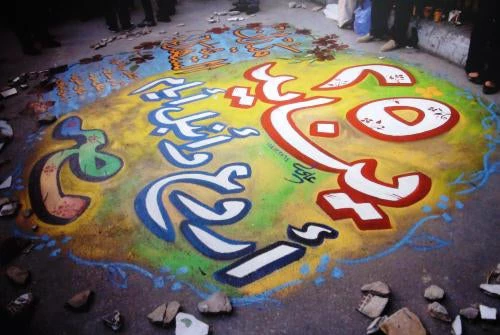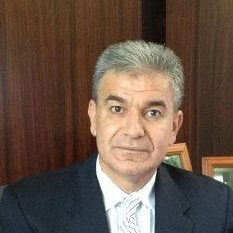 In the World Bank office in Cairo, there is a beautiful poster that proclaims January 25
th as the best day in history. I do not know its origin, but it looks like a drawing made in the heart of Cairo’s Tahrir Square during the January 25
th revolution. Three years later, January 25
th has a deep meaning in modern Arab history.
In the World Bank office in Cairo, there is a beautiful poster that proclaims January 25
th as the best day in history. I do not know its origin, but it looks like a drawing made in the heart of Cairo’s Tahrir Square during the January 25
th revolution. Three years later, January 25
th has a deep meaning in modern Arab history.
January 25 th is a special day for the Arab Spring countries. It is the anniversary of the Egyptian revolution against the Mubarak Regime. It is also the date on which both the Yemeni National Dialogue concluded and Tunisia’s draft constitution approved. In addition, it is also the date on which representatives of the Syrian government and opposition met for the first time in an effort to end the tragic and bloody Syrian civil war.
On January 25 th, 2011, Egyptians, young and old, women and men, showed the world the spirit of the Arab people by rising up to demand democracy, good governance, jobs and opportunities. The millions who occupied Tahrir Square, and many other squares in other Egyptian cities and villages, inspired the entire Arab world. In 14 days, they managed to topple Mubarak and start a process of transition. Even with the ups and downs that have followed, January 25 th will always be remembered as a day of revolution.
In Yemen, the revolution took a bloody path at the beginning. The peaceful, youth revolution was met with a bloody crackdown, and many were killed. The army was split and the country was divided. A short civil war ended with the signing of a Gulf Cooperation Council transition agreement in November 2011. The president stepped down, and the Vice President took over following a national referendum, and formed a unity government composed of the old regime and the opposition. The agreement also included a National Dialogue to resolve the underlying grievances of the nation. The National Dialogue was composed of 560 members, drawn from all political parties, and also included women and young people. No single party had an overall majority. The National Dialogue concluded with a historic agreement to transform Yemen from a centralized state to a federal structure. The National Dialogue was successfully completed in a festive closing ceremony on January 25 th, 2014.
In Tunisia, where the Arab spring started, the drafting of the constitution was delayed for almost two years. With their own national dialogue, however, the Tunisian people demonstrated to the region how to achieve consensus through compromise. As part of the final agreement, a new government composed of “capable” Tunisians will be established and new elections organized within a year. Not exactly on January 25 th, 2014 but two days later, the draft constitution was approved by the transition council. The new constitution is considered one of the most progressive in the Arab World. More importantly, it was approved by an overwhelming majority, with the support from all political parties. Tunisia, again will lead the Arab world in building a true democratic society, based on pluralism and inclusion, for the benefit of all Tunisians.
The civil war in Syria has raged for almost three years now. It started much like events in other Arab Spring countries, with young people demonstrating peacefully to demand good governance, jobs, and a government accountable to its citizens. Unfortunately, this revolution turned bloody, unleashing one of the darkest civil wars in recent memories. More than 140,000 have been killed so far, hundreds of thousands wounded and more than 6 million have been either displaced inside Syria or forced to seek refuge in neighboring countries. On January 25 th, 2014, opposition and government delegates met face to face for the first time in an effort to resolve this bloody and tragic conflict.
January 25 th has many meanings to many of the Arab Spring countries. It will indeed be the best day in history if negotiations for ending the Syrian tragedy succeed. We all pray for that.


Join the Conversation